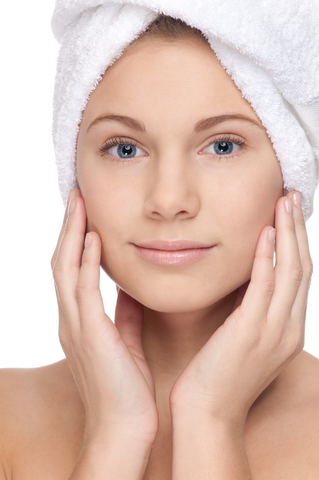Skin care trends come and they go, but you shouldn’t forget about tried and true ingredients like retinol.
A derivative of Vitamin A, retinol belongs to a category of skin care ingredients classified as retinoids. From retinyl palmitate to prescription retinoic acid and tazarotene, retinoids provide a foundation for great skin. Retinoids can unclog pores, boost collagen production and speed up skin cell turnover. The result is fewer blemishes, less fine lines and an even skin tone. Results may be noticed within weeks of treatment.
Although effective, prescription strength retinoids can be too irritating for many skin types. For this reason, retinol is a viable option. Retinol is gradually converted to retinoic acid (the active ingredient in prescription treatments), making it more gentle and better tolerated by many individuals. You’ll notice improvements including a reduction in lines and skin discoloration. However, results will take longer than treatment with a prescription product. Retinol may be found in Green Cream, a high potency retinol treatment that comes in 3 concentrations to allow your skin to adjust to the increase in potency.
You may have read that retinoids make your skin more sensitive to the sun. However, there isn’t much science to back up this myth. Retinoids themselves are very light sensitive, which is why you should look for products packaged appropriately. It’s also one of the reasons that you should apply retinol at night. Retinol can cause dryness, redness and flaking. These effects tend to dissipate once you’ve been using it for a few weeks, but you can minimize them by easing into its use. Try applying it only twice a week to begin with, gradually increasing the frequency until you are able to tolerate it nightly. Never apply to freshly washed skin – allow at least 15-30 minutes after washing to allow a build up of natural oils which can help to protect against retinol’s drying effects. And, invest in a good moisturizer to combat the dryness that retinol may cause.
Fianlly, a few words of caution. Avoid retinoids if you are pregnant or breastfeeding. And, don’t use them in conjunction with treatments like alpha hydroxy acids as the combination is too harsh.



